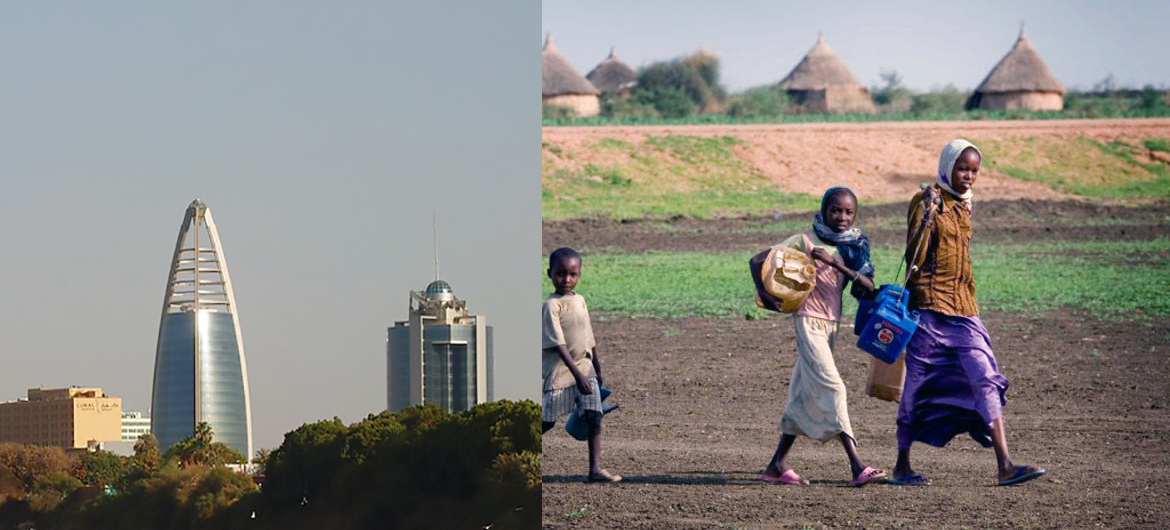
The War Ignited Greed and Destroyed Integrity Among Sudanese
Walid Al-Noor
After entering the seventh month of the senseless war in Sudan, the voice of the balabbes, who were famous for repeating (bel bes wejghem), words indicating the continuation of the war, subsided. But suddenly their voices rose after a short leaked video spread of the deputy commander-in-chief of the armed forces stating that the armed forces delegation would go to the negotiations in Jeddah.
Social media was ablaze with denial, and statements fabricated by military sources denied the armys going to negotiate. These people want the Sudanese people to lose more than they lost during the cursed war. They want more killing, maiming, displacement, and refuge for the Sudanese people while they are safe in neighboring countries.
During the seven months of fighting in Khartoum, Sudanese lost their non-military sons through stray bullets, shells, and bombardments, and due to lack of medical care, and some Sudanese lost limbs. But the biggest loss was the value of integrity that vanished during the war as greed spread in a way no Sudanese expected. House rents rose unprecedentedly in the states. A studio apartment ranged between 1,000 and 1,500 per month. Some business owners lost their businesses and became destitute. I spoke to a factory owner who lost raw materials worth 5 million, and another lost several supermarkets spread in Khartoum worth more than 10 million.
However, the extended family system in Sudan, or the big house that accommodated everyone, from parents to grandchildren, a system followed since ancient times where a son gets married and is allocated a room in part of the house, as well as the younger ones, has now dispersed. Family members have fled in every direction where they can live, whether within Sudan in its various cities or outside Sudan in neighboring countries and the Gulf. Some Sudanese families preferred to return to their hometowns in the states and started arranging their lives anew. A large proportion of families that left the capital Khartoum, especially the elderly, decided not to return even if the war stops today, for several reasons, including finding rural life better than the hustle and bustle of Khartoum and reconnecting with peers they missed for a long time.
If there were gains for the Sudanese, they acquired a harsh experience in how to make use of time, arrange needs, draw plans, and adapt to life and war conditions, and made concessions in many things that were deemed necessary but became secondary. And the misconception that all successful investments must be in the countrys capital. While investing in the capital has many positives, such as population density and large markets, they did not account for the risks as most business owners lost their capital, while some business owners who preferred to invest in state cities benefited, including Wad Madani in central Sudan, Port Sudan and Kassala in eastern Sudan, and the city of El Daein in East Darfur in the west of the country, which turned into a large commercial hub, and some cities in West Kordofan state bordering the northern borders of South Sudan.

